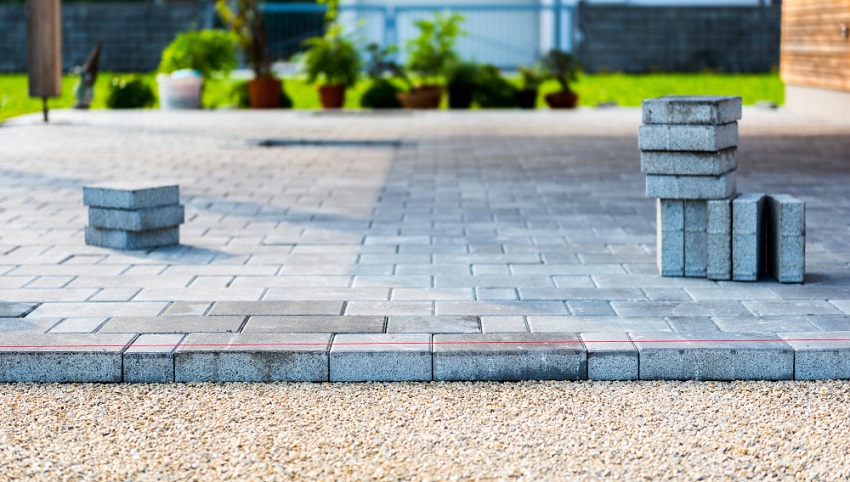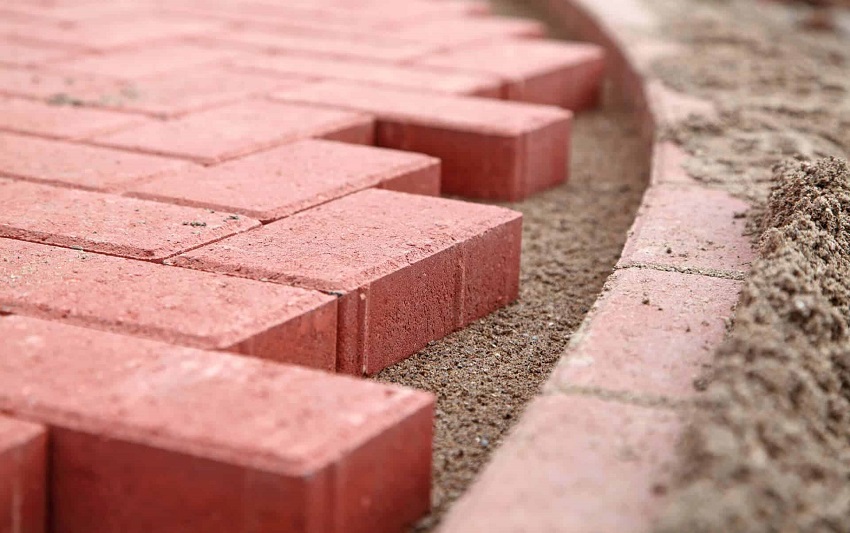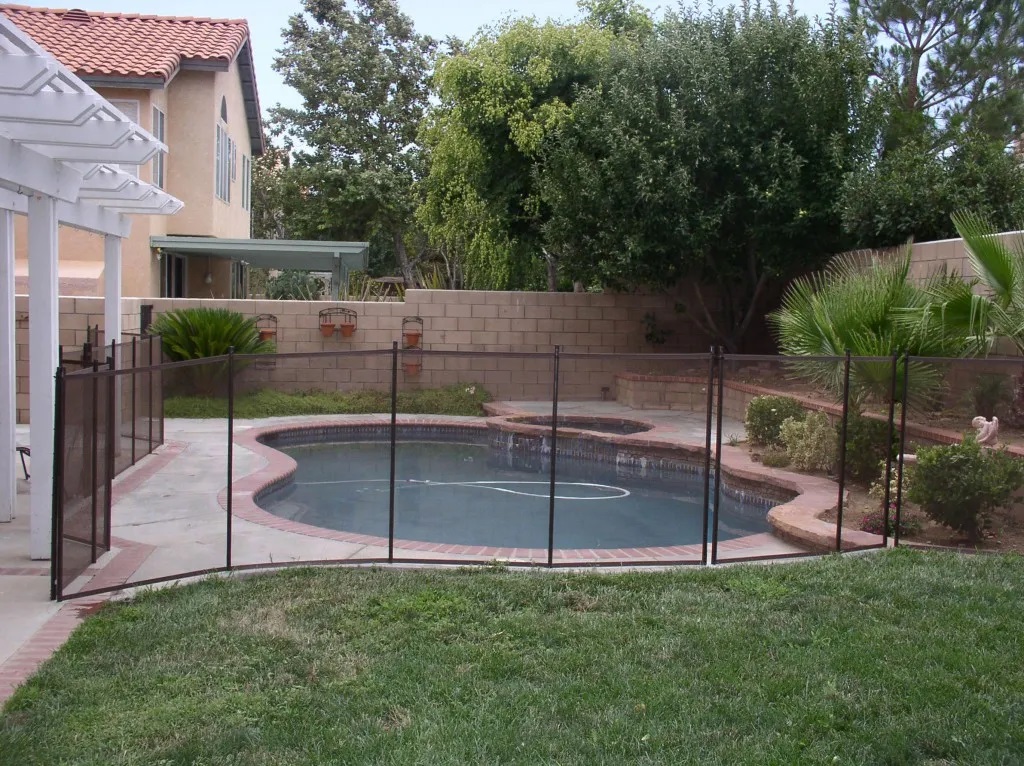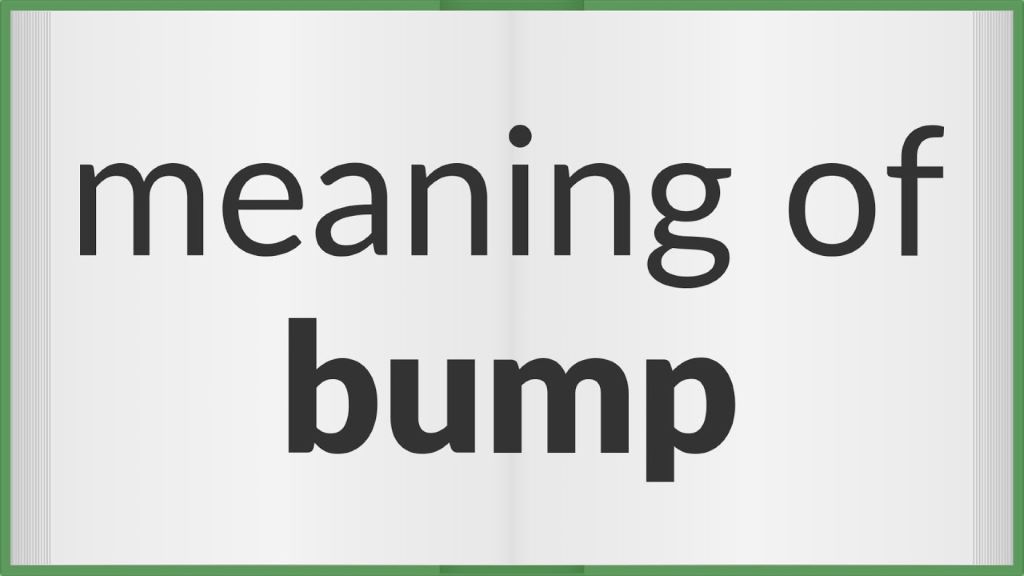If you’re considering enhancing the aesthetics and functionality of your outdoor spaces, paver blocks are an excellent choice. These versatile building materials are used in various landscaping projects, from driveways and pathways to patios and pool decks. With a wide range of paver block options available in the market, choosing the best one for your specific needs can be overwhelming. In this article, we will explore different types of paver blocks and help you make an informed decision for your next project. This article is provided by tenkaichiban.com
Understanding Paver Blocks
Before delving into the specifics of different paver block types, let’s first understand what they are. Paver blocks, also known as concrete pavers, are precast bricks made from various materials like concrete, clay, or natural stone. They come in different shapes, sizes, colors, and textures, offering endless design possibilities.
Concrete Paver Blocks
Concrete pavers are one of the most popular choices due to their durability and affordability. They are made by mixing cement, sand, and aggregates, which are compressed and cured to form sturdy blocks. Concrete paver blocks are available in various styles, including interlocking, non-interlocking, and grass pavers.
Clay Paver Blocks
Clay pavers exude a timeless elegance and are often favored for their rich colors that don’t fade over time. Made by baking molded clay, they offer excellent strength and are resistant to wear and tear. However, clay brock paver base can be more expensive than concrete ones.
Natural Stone Paver Blocks
For a luxurious and high-end look, natural stone paver blocks are an excellent choice. Materials like granite, limestone, sandstone, and travertine are used to create stunning and durable pavers. They are perfect for adding a touch of sophistication to your outdoor spaces.
Interlocking Paver Blocks
Interlocking paver blocks are designed to fit together like pieces of a puzzle. This unique feature creates a stable surface with minimal shifting. They are ideal for areas with heavy foot traffic or vehicular loads, such as driveways.
Non-Interlocking Paver Blocks
Non-interlocking pavers don’t fit together like their interlocking counterparts. They are best suited for pathways, sidewalks, and light traffic areas. Non-interlocking pavers are easier to install and maintain.
Grass Pavers
Grass pavers are eco-friendly options that have open cells filled with soil and grass. They promote natural drainage, prevent erosion, and blend beautifully with the surrounding landscape.
Permeable Paver Blocks
Permeable pavers are designed to allow water to pass through the surface, reducing runoff and helping to recharge groundwater. They are environmentally friendly and comply with stormwater management regulations.
Benefits of Paver Blocks
Paver blocks offer numerous advantages that make them stand out as a preferred choice for outdoor projects. Some key benefits include:
- Durability: Paver blocks can withstand heavy loads and are resistant to cracking.
- Flexibility: They can adapt to ground movements, reducing the risk of damage.
- Low Maintenance: Pavers are easy to clean and replace if needed.
- Aesthetic Appeal: With a wide range of colors and patterns, they enhance the visual appeal of your property.
- Quick Installation: Paver blocks can be installed efficiently, saving time and labor costs.
Factors to Consider
When choosing the best paver block for your project, several factors should be taken into account:
- Intended Use: Consider the purpose of the space you are paving, whether it’s a driveway, patio, or garden path.
- Budget: Set a budget and explore options that fit within your financial constraints.
- Climate: Take into account the weather conditions of your area, as some materials may fare better in certain climates.
- Design and Style: Choose a paver block that complements the architectural style of your home and suits your personal preferences.
Maintenance Tips
To ensure the longevity of your paver blocks, follow these maintenance tips:
- Regular Cleaning: Sweep the surface regularly to remove dirt and debris.
- Weed Control: Prevent weed growth by using a suitable weed killer or by applying polymeric sand.
- Sealing: Consider applying a sealant to protect the pavers from stains and color fading.
In conclusion, selecting the best paver block depends on various factors, including the project’s purpose, budget, and design preferences. Concrete pavers offer a cost-effective and durable solution, while clay and natural stone pavers provide an elegant touch. Interlocking pavers are great for heavy traffic areas, and grass pavers contribute to a green environment.
Before making your final decision, weigh the pros and cons of each paver type and consider seeking professional advice for complex projects. Whatever your choice, paver blocks will undoubtedly enhance the beauty and functionality of your outdoor spaces.
FAQs
- Are paver blocks better than concrete or asphalt pavements?
Paver blocks are an excellent alternative to traditional concrete or asphalt pavements. They offer greater durability, flexibility, and visual appeal.
- Can I install paver blocks myself, or should I hire a professional?
Simple projects like garden pathways can be DIY, but larger and more complex projects are best handled by professionals to ensure proper installation.
- How do I prevent weeds from growing between the paver joints?
Using a quality weed killer or applying polymeric sand can effectively prevent weed growth between paver joints.
- Do paver blocks require regular maintenance?
While paver blocks are low-maintenance, regular sweeping and occasional sealing is recommended to keep them looking their best.
- Can I use paver blocks for a driveway?
Yes, paver blocks, especially interlocking ones, are an excellent choice for driveways due to their durability and ability to handle heavy loads.











